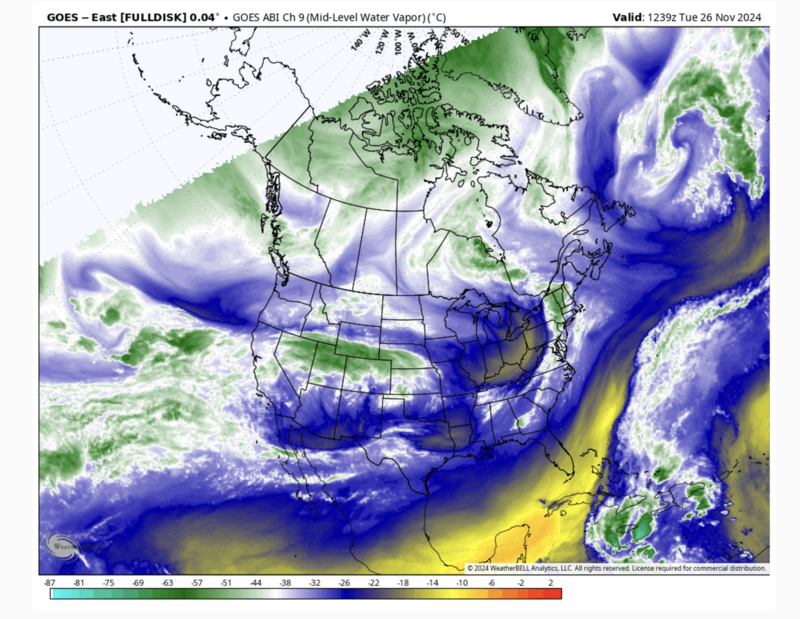Forecast for the Provo Area Mountains

Issued by Drew Hardesty on
Tuesday morning, November 26, 2024
Tuesday morning, November 26, 2024
The avalanche danger may reach CONSIDERABLE today in the mid and upper elevations, particularly on steep northwest to easterly facing aspects. Human triggered avalanches are likely, particularly in areas that see the most snow and wind. Avalanches may fail within the new storm snow and they may also fail in the old faceted snow.
Remember that cracking and collapsing are not to be ignored: they are key clues to instability. Remember also that some avalanches can be triggered at a distance, even from below.
Extra Caution should be advised with today's changing conditions.

Low
Moderate
Considerable
High
Extreme
Learn how to read the forecast here










